The late Muhsin Yazıcıoğlu, founder of Türkiye’s Great Union Party (BBP), is being remembered on the 16th anniversary of his death. Yazıcıoğlu, along with five companions, tragically lost his life in a helicopter crash on March 25, 2009, in the Göksun district of Kahramanmaraş while traveling for campaign activities.
Known for his principled stance and opposition to military coups, Yazıcıoğlu remains an unforgettable figure in Turkish politics. His legacy lives on through his contributions to the political scene and his firm beliefs in democracy and national unity.
Yazıcıoğlu’s death and rescue efforts in its aftermath courted controversy and his friends had claimed he was “killed” by his opponents. Several public officials linked to the Gülenist Terror Group (FETÖ) face trial over abuse of duty for charges stemming from closing the case about the crash on a snowy mountain and for hindering rescue efforts after the crash.
The politician was a staunch critic of FETÖ which, for decades, tried to infiltrate political parties. Yazıcıoğlu’s family has called for an investigation into FETÖ links to the crash after the group’s leader Fetullah Gülen was quoted as saying Yazıcıoğlu was “removed with a divine blow” in a speech five days after the politician’s death.
Coming from bases
Born on Dec. 31, 1954, in Elmalı, a village in Sivas’ Şarkışla district, Yazıcıoğlu completed his primary and secondary education in the same area before graduating from Ankara University’s Faculty of Veterinary Medicine. At the age of 14, Yazıcıoğlu took his first step into politics by joining the Genç Ülkücüler (Young Nationalists) movement in Şarkışla. After moving to Ankara in 1972, he became active in “Ülkü Ocakları” (“Grey Wolves”), the Nationalist Movement Party’s (MHP) youth wing, and later served as its general president.
In 1978, Yazıcıoğlu founded the Ülkücü Gençlik Derneği (Nationalist Youth Association) and was appointed as the general advisor to the MHP in 1980. He was imprisoned after the military coup of Sept. 12, 1980, spending 7.5 years in prison, including 5.5 years in solitary confinement. Despite this, Yazıcıoğlu remained loyal to his ideals and continued his political career after his release.
In 1987, Yazıcıoğlu resumed his political activities by becoming the deputy secretary-general of the Nationalist Labor Party (MÇP). He was elected as a member of Parliament in 1991, later parting ways with MÇP in 1993 to form the BBP.
Yazıcıoğlu’s political career saw several milestones, including a parliamentary victory in 1995 in an alliance with the Motherland Party (ANAP), followed by his return to BBP in 1996 after resigning from ANAP. In 2007, he was elected as an independent MP from Sivas.
In 2009, during the local elections, Yazıcıoğlu rented a helicopter to attend a rally in Kahramanmaraş. His helicopter, along with five others, tragically crashed in the Göksun district after leaving a rally in Çağlayancerit, en route to Yozgat. Following extensive search efforts, their bodies were discovered on Keş Dağı Kurudere Kanlıçukur.
Yazıcıoğlu was laid to rest on March 31, 2009, with a ceremony at Kocatepe Mosque and buried at the Taceddin Dergahı, as per his wishes. His coffin, wrapped in the Turkish flag, was adorned with flowers by mourners.
Throughout his political career, Yazıcıoğlu was a staunch opponent of military coups. His words, “The army is our pride, but I will not salute a tank turned against the people,” became emblematic of his stance against military interventions. He was particularly vocal during the Feb. 28 postmodern coup and is remembered for his unwavering commitment to democracy.
Yazıcıoğlu’s influence extended beyond politics, as he was also known for his poetry. His poem “I’m Freezing” became symbolic among his followers after his body was found in the snow following the crash. His writings, such as “Gül” (“Rose”), reflect his emphasis on love and hope, resonating with his lifelong dedication to his country and people.
On the anniversary of his death, commemorations were organized in cities including Ankara, Sivas and Kahramanmaraş. The memory of Yazıcıoğlu, along with his colleagues, continues to be honored across Türkiye and even in countries like Pakistan, where places such as streets, parks and schools have been named in his honor.











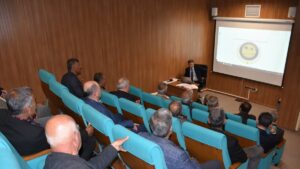

















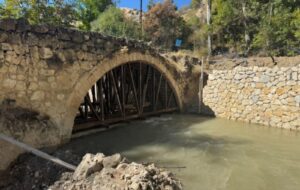

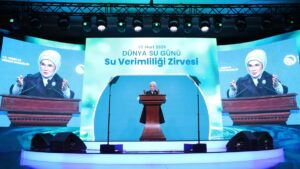


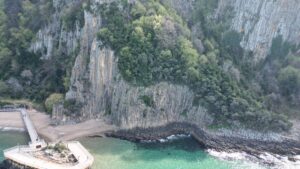
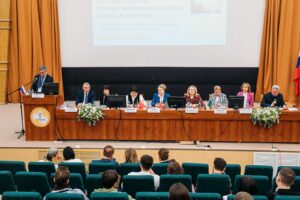
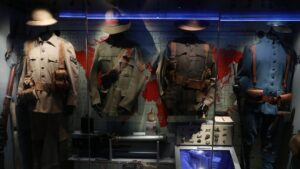







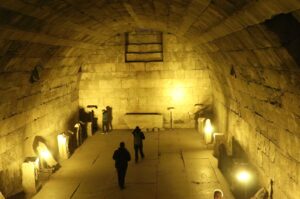
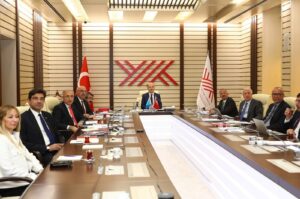
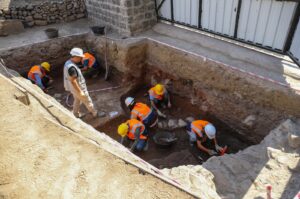

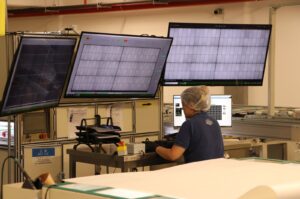
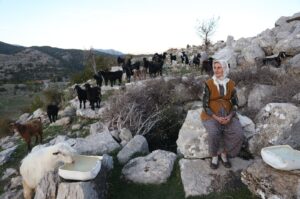


Be First to Comment